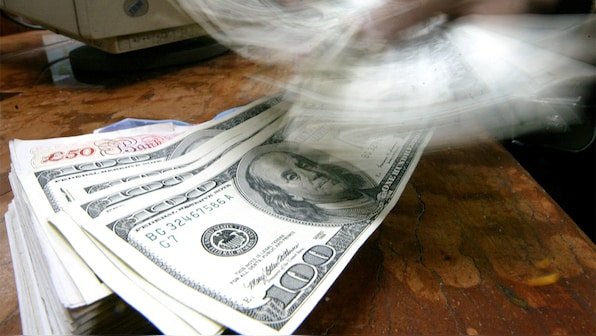
The US dollar has been a key part of the global financial system for a long time. However, with growing uncertainties about a possible second Trump administration, investors are now questioning its future. A Reuters survey, conducted between March 3-5, shows that currency experts expect a further drop in net-long dollar positions.
This suggests that confidence in the dollar is weakening. The report comes at a time when trade tensions are rising, monetary policies are changing and geopolitical uncertainty is increasing. All these factors could speed up the decline of the dollar’s dominance, fear investors and market watchers.
Trump’s trade policies and the dollar’s volatility
US President Donald Trump’s unpredictable trade policies—especially his tariffs on major trading partners—have previously shaken global markets. He imposed 25 per cent tariffs on imports from Canada and Mexico and additional levies on Chinese products, which strained economic ties and lowered investor confidence.
This uncertainty continues as investors worry about how a second Trump term might affect trade ultimately in the long run. According to Reuters, a mix of speculation and the unwinding of decade-high net-long dollar positions led to a nearly 2.5 per cent drop in the dollar index against major currencies in early March. The second Trump presidency has already raised concerns that protectionist policies could further weaken the dollar’s standing.
Investors rethink dollar’s safe-haven status
One of the biggest changes in global finance is the growing debate over the US dollar’s role as the world’s main reserve currency. Katie Martin, writing for the Financial Times, points out that more investors are now imagining a financial system where the US is not at the centre.
Content retrieved from: https://www.firstpost.com/world/trump-effect-investors-looking-beyond-dollar-poll-suggests-trade-war-may-trigger-its-decline-13869144.html.




